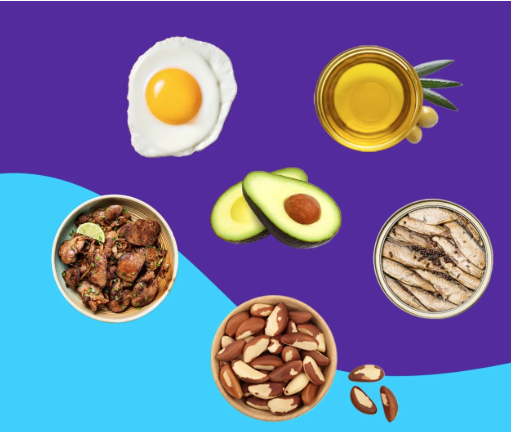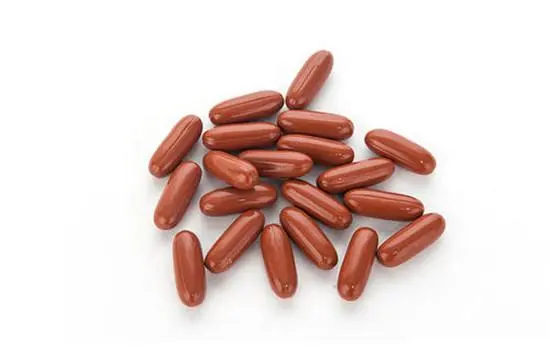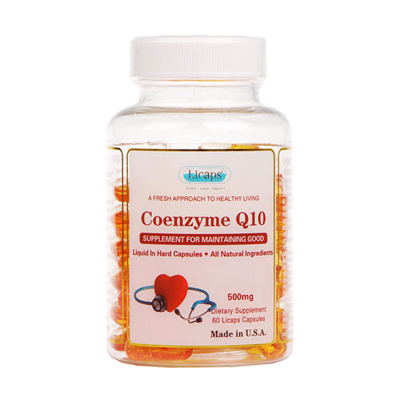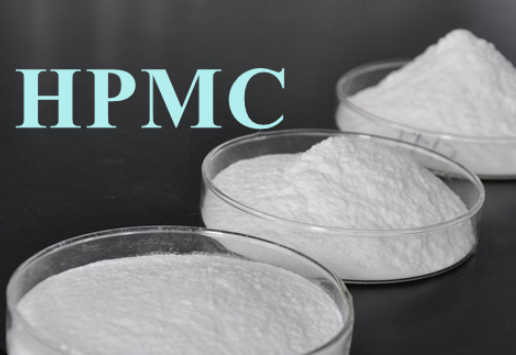The toxicity Studies of Coenzyme Q10
Description
Coenzyme Q10 is a member of the ubiquinone family of compounds. All animals, including humans, can synthesize ubiquinones. Hence, coenzyme Q10 is not considered a vitamin. The name ubiquinone refers to the ubiquitous presence of these compounds in living organisms and their chemical structure, which contains a functional group known as benzoquinone. Ubiquinones are fat-soluble molecules with 1 to 12 isoprene (5-carbon) units. The ubiquinone found in humans, ubidecaquinone or coenzyme Q10, has a "tail" of 10 isoprene units (a total of 50 carbon atoms) attached to its benzoquinone "head"[1]. This substance was first identified in 1957.
Uses
CoQ10 is found throughout the body in cell membranes, especially the mitochondrial membranes, and is chiefly abundant in the heart, lungs, liver, kidneys, spleen, pancreas, and adrenal glands. Coenzyme Q10 (CoQ10) is not FDA-approved to treat any medical condition. However, it is widely available over-the-counter as a dietary supplement and recommended by primary care providers and specialists. Diseases such as neurodegenerative diseases, fibromyalgia, diabetes, cancer, mitochondrial diseases, muscular diseases, and heart failure are associated with decreased circulating levels of CoQ10. Statin drugs block the production of an intermediate in the mevalonate pathway, a biochemical pathway that leads to the production of CoQ10. Therefore, researchers hypothesize that statin drugs may deplete the body of CoQ10.
Food source
Primary dietary sources of CoQ10 include oily fish (such as salmon and tuna), organ meats (such as liver), and whole grains. Most individuals obtain sufficient CoQ10 through a balanced diet, but supplementation may be helpful for individuals with particular health conditions[2].
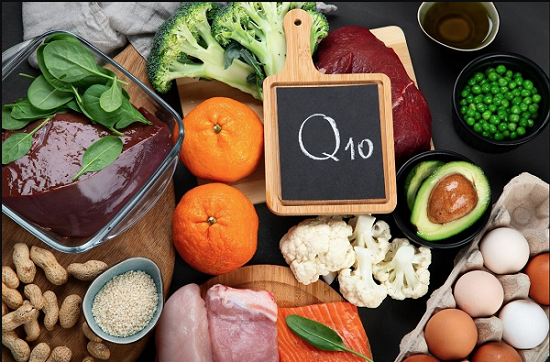
Toxicity
Acute toxicity tests were performed with a single dose of CoQ10 in mice and rats when given orally(PO), subcutaneously (sc), intramuscularly (IM), or intravenously (iv). No deaths or toxic symptoms were observed in any group of animals during a one-week observation period. The maximum tolerated doses of CoQ10 were estimated to be more than 4,000 mg/kg (PO) for mice and rats, more than 500 mg/kg (iv) for mice, and more than 250 mg/kg (iv) for rats, more than 500 mg/kg (im) for mice and rats, and more than 500 mg/kg (sc) for mice and rats [5]. Additionally, acute toxicity of CoQ10 (Kaneka Q10TM) was also tested with a single oral dose of 1250, 2500, or 5000 mg/kg CoQ10 dissolved in corn oil. No deaths occurred at any dose level during the test period. The lethal dose for CoQ10 was greater than 5000 mg/kg for male and female rats.
CoQ10 has been used as a dietary supplement or a drug for more than 30 years. Published data from pre-clinical and clinical safety studies have shown that CoQ10 does not cause serious adverse effects in humans and is safe for use as a dietary supplement. Pharmacokinetic studies in animals and humans suggest that exogenous CoQ10 does not influence the biosynthesis of CoQ, nor does it accumulate in plasma or tissues after cessation of supplementation[3]. Monitoring CoQ10 levels in blood or tissues is essential when evaluating the safety or efficacy of CoQ10 in animal and human studies.
References
[1] Manuel Jesús Acosta. “Coenzyme Q biosynthesis in health and disease.” Biochimica et Biophysica Acta-Bioenergetics 1857 8 (2016): Pages 1079-1085.
[2] Saini, Rajiv. “Coenzyme Q10: The essential nutrient.” Journal of Pharmacy and Bioallied Sciences 3 3 (2011): 466–7.
[3] Takayoshi Hidaka. “Safety assessment of coenzyme Q10 (CoQ10).” BioFactors 32 1–4 (2009): 199–208.
You may like
Related articles And Qustion
See also
Lastest Price from Coenzyme Q10 manufacturers

US $200.00/kg2025-12-16
- CAS:
- 303-98-0
- Min. Order:
- 1kg
- Purity:
- 99%
- Supply Ability:
- 20tons
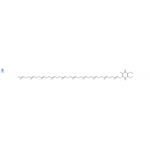
US $0.00-0.00/KG2025-12-02
- CAS:
- 303-98-0
- Min. Order:
- 1KG
- Purity:
- 98
- Supply Ability:
- 10000KGS

